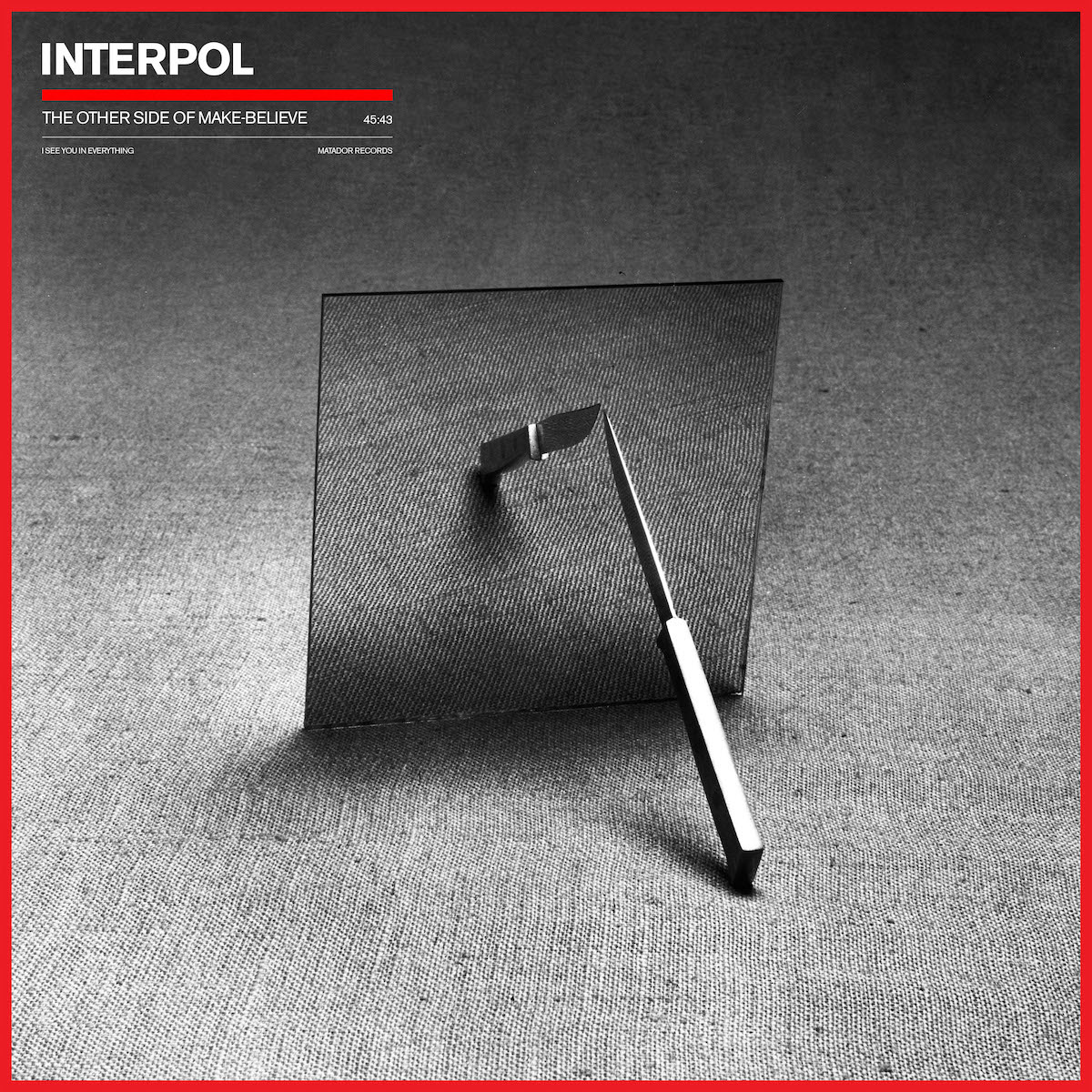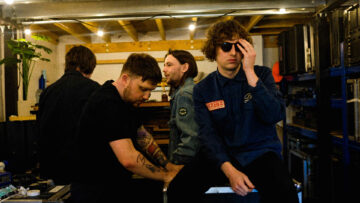
★★★★☆
Post-punk listeners will always lend their ear to new music from Interpol because they know, like with The Other Side of Make-Believe, their demands will be satisfied.
Interpol are a band who write albums they think are cool. Lead singer Paul Banks has even said as much. Now, does that mean that every few years their idea of ‘cool’ changes dramatically enough to satisfy certain swathes of audiences for whom change and ‘innovation’ are the most highly prized skills for any recording artist?
Thankfully the answer’s ‘no’, it doesn’t. For Interpol’s millions of fans worldwide, their refusal to deviate far from the sound they were so instrumental in pioneering, is a devotion much appreciated. It’s a rarity in 2022, with novelty and evolution constantly sought after by critics. It even proved too immovable for bassist Carlos Dengler, who departed from the band in 2010 to pursue a career in acting.
None of the above is to say there’s no variation or progression in Interpol’s discography. Their seventh album, The Other Side of Make-Believe, is a somewhat more steadied addition, with an unmissable lyrical theme that runs throughout: companionship. For a band comprising members who all met as students in New York in the late 90’s, that’s a part of romance most can only write songs about authoritatively when in their 40s.

In ‘Renegade Hearts’ (puzzlingly overlooked for release as a single) we hear about how Interpol’s unnamed proclaimer ‘Met a girl then, Said she’d stand by me, Caught me off guard, Renegade hearts, Make escape art’ and in ‘Greenwich’, ‘It’s alright to be not to behave, Someone I can trust’. Companionship contorts, in places, into yearning, such as in ‘Passenger’: ‘There’s nothing so sacred, I ain’t tried to chase it, I need something to hold, Someone to grasp at’.
Interpol have decided to leave any explicit reference to the world’s current ills at the door. I like it and appreciate the respite. This is an album preoccupied with things more eternal, with love and a man’s struggle to find and keep it, along with his fallibility in other areas (‘Mr Credit’ makes obfuscated nods towards gambling, or perhaps unsound money; although not entirely clear, it’s still a very good track).
The Other Side of Make-Believe isn’t perfection, and I don’t think it’s really tried to near those heights either. There are some mealy-mouthed lyrics that are, on first listening, hard to digest, such as in ‘Juror’: ‘To the time beyond the fables, And the circular rise of guileless angels’ and ‘Last time I was drunk in the Seine, Now I’m back drinking again, It was Satan that’s known this, Running around without jokes, A boarded up house on the coast’, but I’ve found the imagery grows on the listener if you can ponder for a while longer. Easily done, because that’s all Interpol have ever really asked of you.




